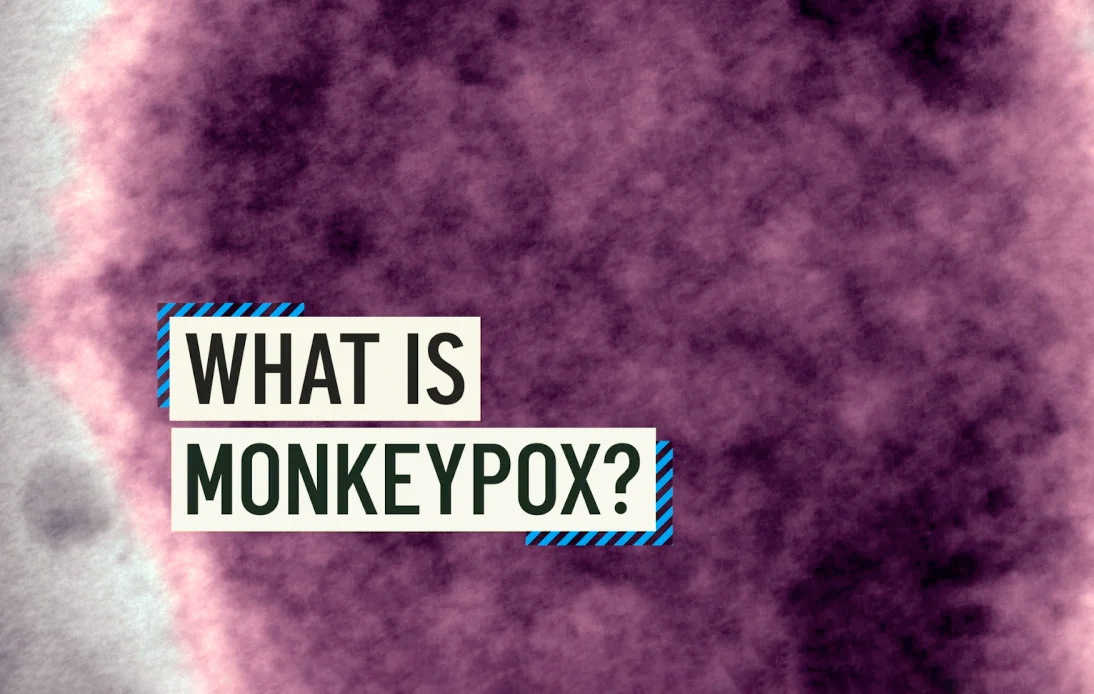
As monkeypox cases ramp up globally, with recent cases in the United States, Australia and Europe, the scientific community is providing vital information about the virus and how it spreads.
In addition, experts have been searching for the source of current infections and analyzing the worldwide situation to determine whether or not people should be concerned about the disease. Find out what they think below.
What is monkeypox?
Typically found in central and western Africa, it’s a rare viral infection caused by the monkeypox virus.
The UK Health Security Agency says that it produces symptoms such as headache, fever, swollen lymph nodes, chills, muscle aches and exhaustion. People who catch the virus can also develop a chickenpox- or syphilis-like rash on the face or other body parts, including the genitals.
However, most patients can recover from the disease in just a few weeks.
Monkeypox generally spreads in small groups within the African region or as isolated infections in other countries.
According to experts in medicine and viral diseases, there are two forms of monkeypox. One is caused by a milder strain first identified in West Africa, while the other is linked to a more severe strain detected in Central Africa or the Congo.
While many countries have yet to publish more details about monkeypox cases, the current international outbreak is believed to be linked to the mild West African strain.
How does monkeypox spread?
The US Centers for Disease Control and Prevention insist that monkeypox rarely spreads among humans since person-to-person transmission requires close contact and occurs through body fluids, material from injury, or respiratory droplets.
“Respiratory droplets generally cannot travel more than a few feet, so prolonged face-to-face contact is required,” the CDC states.
Some researchers believe it can also be sexually transmitted, but it has not been confirmed.
Should people worry about monkeypox?
While the West African monkeypox strain believed to have caused the international outbreak is mild, people need to learn to spot the symptoms. Likewise, health officials should identify infected people and their contacts to prevent the virus from spreading even more.
As with other illnesses, the monkeypox may pose more risks to vulnerable people such as pregnant women, patients with weakened immune systems and the elderly. Therefore, experts call on governments to closely monitor infections and the disease’s development in their countries.
However, it’s unlikely that large outbreaks will emerge or the virus will spread rapidly worldwide like the coronavirus.
Countries with confirmed monkeypox cases
At least 12 countries where monkeypox is not endemic have reported cases in recent weeks. Those are the United Kingdom, France, Italy, Germany, Spain, Portugal, the Netherlands, Sweden, Canada, the United States, Australia, and Israel.




















